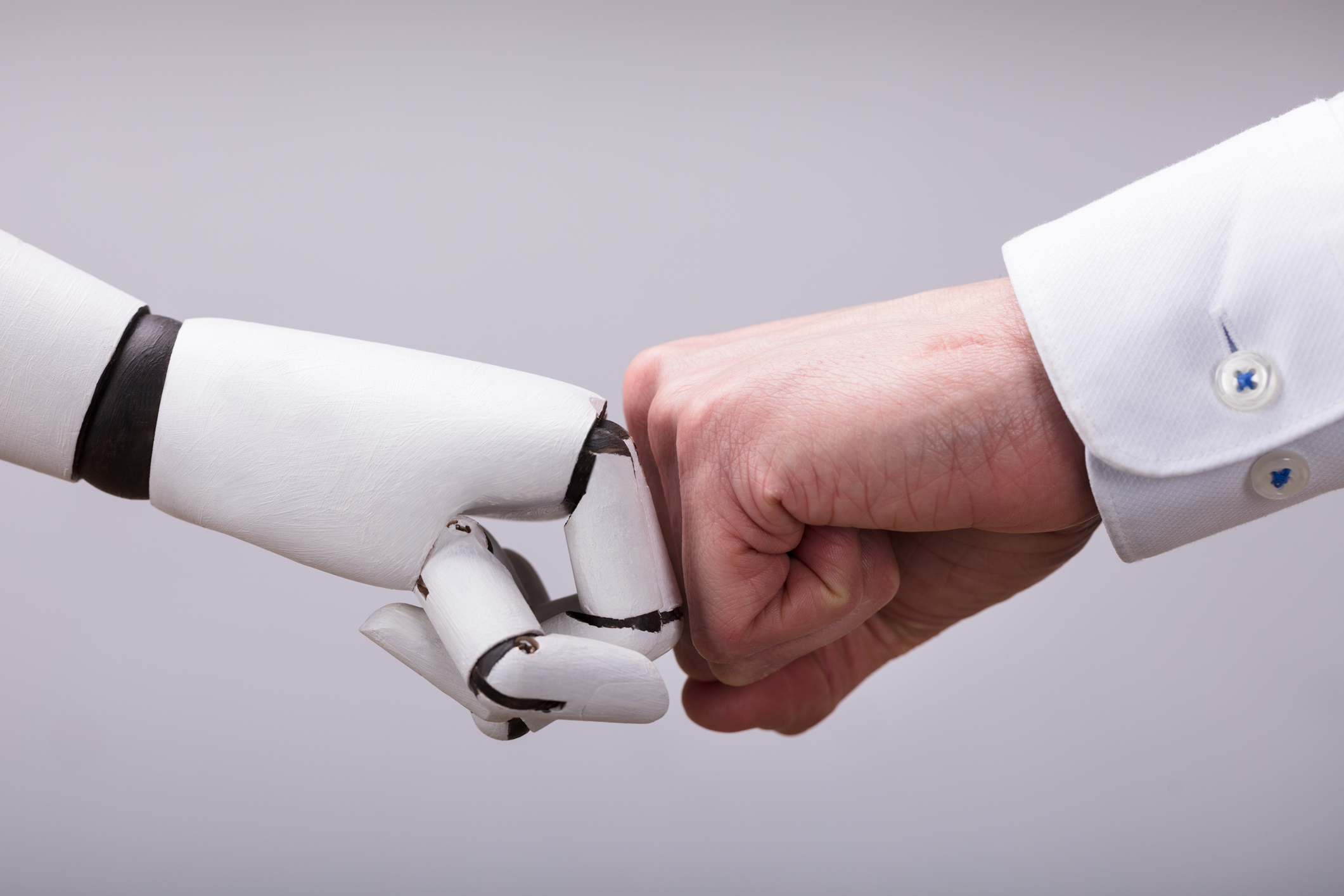
For all the promise of AI on the medical front, it may be that the biggest benefit will be the extent to which new technologies are able to free up providers and caregivers for more and better time with patients.
In a recent commentary, David Lubarsky, vice chancellor of human health sciences and CEO for UC Davis Health, and Nick Culbertson, CEO of Protenus, a healthcare compliance analytics firm, observe that “the vast amount of health data that flows through a hospital provides an incredible opportunity for AI to help reduce risk and refocus human attention.”
In broad terms, they suggest, “(o)ne of the attractions of adopting AI is that it has the ability to quickly and accurately complete tasks that previously required extensive manual labor, and where human error always needed to be taken into account. AI has the ability to provide clinicians with information to improve patient care and assist with rapid diagnoses that can be critical to positive patient outcomes.”
More specifically, and more directly in CEO Culbertson’s wheelhouse, they note that “AI also can have a significant impact on streamlining compliance investigation workflows by finding anomalous activity within any of the 60 million electronic health record queries that occur each month in the average-sized hospital. . . . To manually achieve this same goal, a privacy officer would have to review more than 6 million EHR queries — almost 300,000 per hour — every single day. This same level of security would require a health system to employ more than 23,000 professionals whose sole focus would be to examine access to patient data — all day, every day.”
But perhaps the biggest impact AI may have on an organization’s operation is the degree to which it can reduce risk across the entire organization. “Whether it’s within the EHR or other clinical applications,” for example, “AI has the potential to improve clinical diagnoses, detect medication administration errors and prevent privacy violations. When used by hospital leadership, AI-driven analytics can make sense of data trends and patterns, recognizing potential problems and preventing incidents that pose a threat to the organization, workforce and patients alike.”
The writers are sure to point out that, despite some common misperceptions, AI in healthcare is not a threat to human occupation. Indeed, they say, “an interesting facet of AI is that the technology, in most cases, serves as an extension of its team, augmenting the capabilities of experts to be more efficient. The advanced technology does not replace human expertise, as human feedback is a necessary part of the AI relationship.”
They cite a couple of examples – how AI can outperform humans in analyzing images or more accurately predicting cardiovascular events – but they quickly note that “it must be understood that in every one of these cases, it was human expertise that showed the machines what they needed to learn and now works with them after their data analysis is complete.”
And, finally, looking forward, they say, “Perhaps the greatest value of AI is yet to be realized: relieving staff of time-intensive, manual tasks; reducing burnout; and helping focus valuable human time on those tasks of highest value.”


